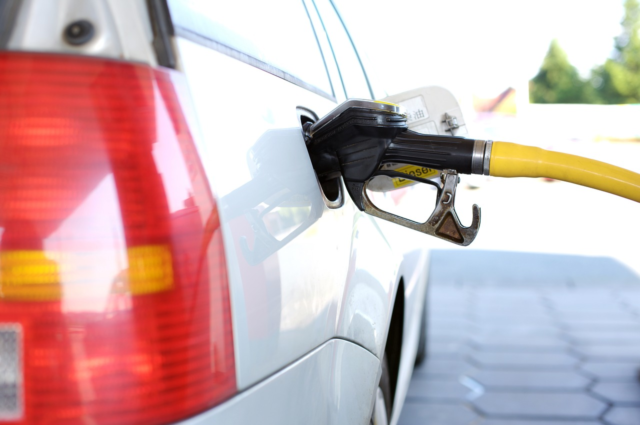Motoring experts have welcomed plans by the Government to reduce fuel duty on petrol to help hard-pressed motorists.
In today’s Spring Statement, Chancellor Rishi Sunak pledged to cut fuel duty by 5p a litre which could save drivers in the region of £2.75 when filling the tank of an average family car.
The experts at LeaseCar.uk – which also manages its sister site LeaseElectricCar.co.uk – have welcomed the news to help motorists in the current financial crisis.
It is the first time since 2011 that fuel duty – money that goes straight to the Treasury – has been cut. It currently stands at 57.95p per litre, but will be reduced from 6pm tonight.
A spokesman for LeaseCar.uk said: “The cost of living crisis is having a huge impact on all areas of our lives so we welcome this news in the Spring Statement. There are also things motorists can do to make the most of the fuel in their tank which can also help it go further.”
Industry experts estimate around 45 per cent of petrol accounts for the price people pay at the pumps. This includes the wholesale price of petrol, largely set by global oil prices, the cost of bioethanol for E10 fuel and money to the retailer.
The rest of the cost of petrol is made up of fuel duty and VAT, so today’s announcement will help drivers save vital pennies when filling their tank.
The experts at LeaseCar.uk say adopting certain driving habits can also help reduce your vehicle’s fuel consumption.
These include:
Drive steadily, remaining at a constant speed where possible and braking slowly.
Once you have reached the correct speed limit, you should drive in as high a gear as possible. It is recommended you drive in fourth gear when the car is travelling at 30mph.
Anticipating hazards and developments ahead on the road such as lights changing and cars turning could reduce harsh braking, keep the car moving and prevent it coming to a complete stop, which will save fuel.
Having your vehicle properly maintained and serviced could allow it to run more efficiently and, if you have a leased car, maintenance may be included.
It’s also important to regularly check that your tyres are inflated to the correct pressure. Under or over-inflated tyres could have an impact on your vehicle’s fuel usage – and remember to increase the tyre pressure if there is a heavy load in the car for a particular journey.




